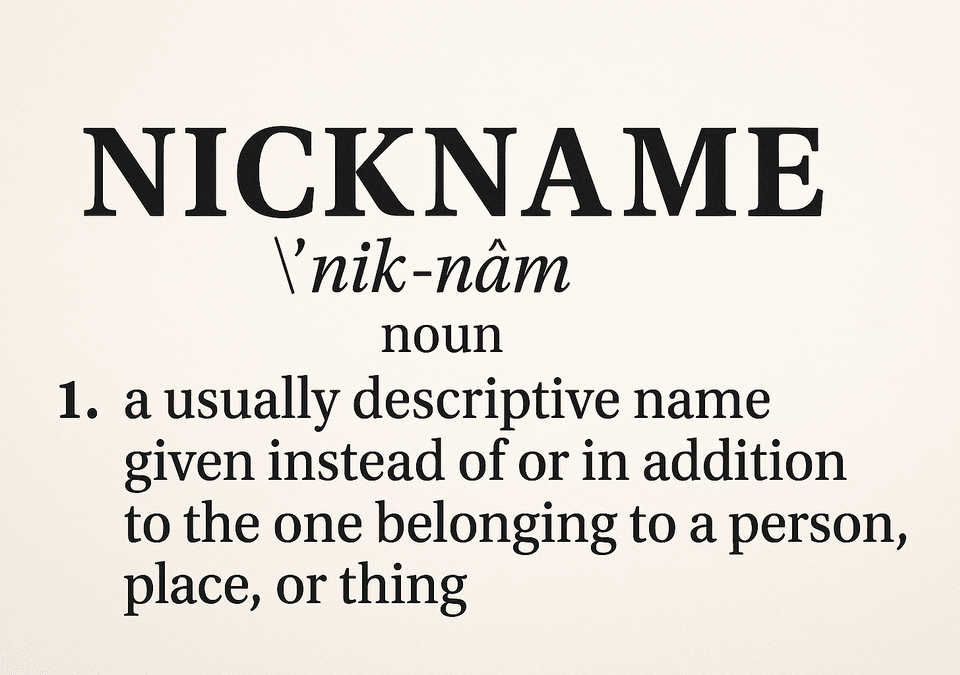
Putin’s Denial: Impact on US-Russia Relations and Media Trust
December 28, 2024
4 of the most ICONIC moments on Hot Ones this year 💯
December 29, 2024Fascism: Most Used Word of 2024
The term “fascism” and its derivative “fascist” are among the most misused, misunderstood, and overused words in modern American discourse. Once a term with a very specific historical and political meaning, it has now become a catch-all label for authoritarianism, oppression, or simply ideas one finds distasteful. The dilution of the word has led to confusion and a lack of clarity, especially in political debates. For many Americans, “fascism” has become an all-purpose insult rather than a precise term, often leading to debates and discussions that are more about emotion than substance.
Historically, fascism refers to a political ideology that emerged in early 20th-century Europe, particularly in Italy under Benito Mussolini. The term is closely associated with nationalist, authoritarian movements rejecting socialism and liberal democracy. Fascism emphasizes strong centralized power, often led by a dictatorial leader, and is characterized by nationalism, suppression of dissent, strict regulation of the economy and society, and the use of propaganda to control public opinion. It also tends to glorify the state, military power, and the concept of unity, often at the expense of individual rights.
In practice, the most infamous examples of fascist regimes include Mussolini’s Italy, Franco’s Spain, and, to some extent, Hitler’s Nazi Germany (though Nazism has the unique racial ideology that sets it apart from traditional fascism). These regimes shared a disdain for democracy, a desire to establish a “national rebirth,” and a willingness to use violence and repression to achieve their goals.
In contemporary American society, “fascism” has lost much of its original meaning. It has become a generic label used to discredit political opponents. Whether it’s calling a politician a “fascist” for enacting controversial policies or labeling a particular social movement as “fascist” because it is seen as intolerant or authoritarian, the word has been stretched beyond recognition. The overuse has led to a kind of conceptual inflation where once it had a specific historical context, it is now applied to anything vaguely authoritarian or right-wing, and sometimes even to left-wing actions or ideologies.
The result is that “fascism” is often used to describe any political behavior perceived as undemocratic, oppressive, or intolerant. This includes everything from restrictive laws to controversial rhetoric. For instance, leaders who advocate for strong national borders, stricter law enforcement, or traditional social values are sometimes labeled “fascist” by opponents, regardless of whether these actions align with the core principles of fascist ideology. Conversely, some have accused left-wing movements of being “fascist” for their perceived intolerance of opposing views or attempts to control public discourse.
The misuse of the word “fascism” is symptomatic of the broader polarization in American politics. In an age of social media and sensational news cycles, complex political ideologies are often boiled down to buzzwords that evoke strong emotions. Using “fascism” as a shorthand for “bad” or “wrong” not only robs the word of its historical weight but also hinders meaningful discussion. It becomes a way to end a conversation rather than engage in it. This has made the term more of a rhetorical weapon than a tool for understanding political phenomena.
The lack of precision in the use of “fascism” reflects a deeper issue because many Americans are unfamiliar with the historical and ideological roots of the word. If asked to define “fascism,” most might reference dictatorships or authoritarianism but struggle to provide a detailed explanation of what makes a regime truly fascist. The historical nuance of the combination of nationalism, anti-communism, suppression of dissent, economic regulation under state control, and the use of violence as a political tool so often gets lost. This lack of understanding contributes to the word’s misuse and overuse.
Misusing and overusing “fascism” diminishes the term’s power. If every political opponent is labeled a fascist, the word loses its ability to describe real threats of authoritarianism. This “crying wolf” effect can make it harder to recognize genuine fascist ideologies when they do appear, and it also erodes trust in political discourse. Those who are serious about fighting authoritarianism and protecting democratic values need precise language to identify and oppose true threats. The indiscriminate use of the term undermines that effort. A more careful and nuanced approach to political language is needed if Americans hope to have meaningful and constructive debates about the future of their democracy. Due to Democrat political nonsense, Fascism was the most used word in the year 2024 as far as I am concerned.
C. Rich
CRich@AmericaSpeaksInk.com

C. Rich is the voice behind America Speaks Ink, home to the America First Movement. As an author, freelance ghostwriter, poet, and blogger, C. Rich brings a “baked-in” perspective shaped by growing up on the streets and beaches of South Florida in the 1970s-1980s and brings a quintessential Generation-X point of view.
Rich’s writing journey began in 2008 with coverage of the Casey Anthony trial and has since evolved into a wide-ranging exploration of politics, culture, and the issues that define our times. Follow C. Rich’s writing odyssey here at America Speaks Ink and on Amazon with a multi-book series on Donald Trump called “Trump Era: The MAGA Files” and many other books and subjects C. Rich is known to cover. CRich@AmericaSpeaksInk.com
“America Speaks Ink is a Google News approved source for Opinion”





Boomers: Trump, Netanyahu, Khamenei
Read more